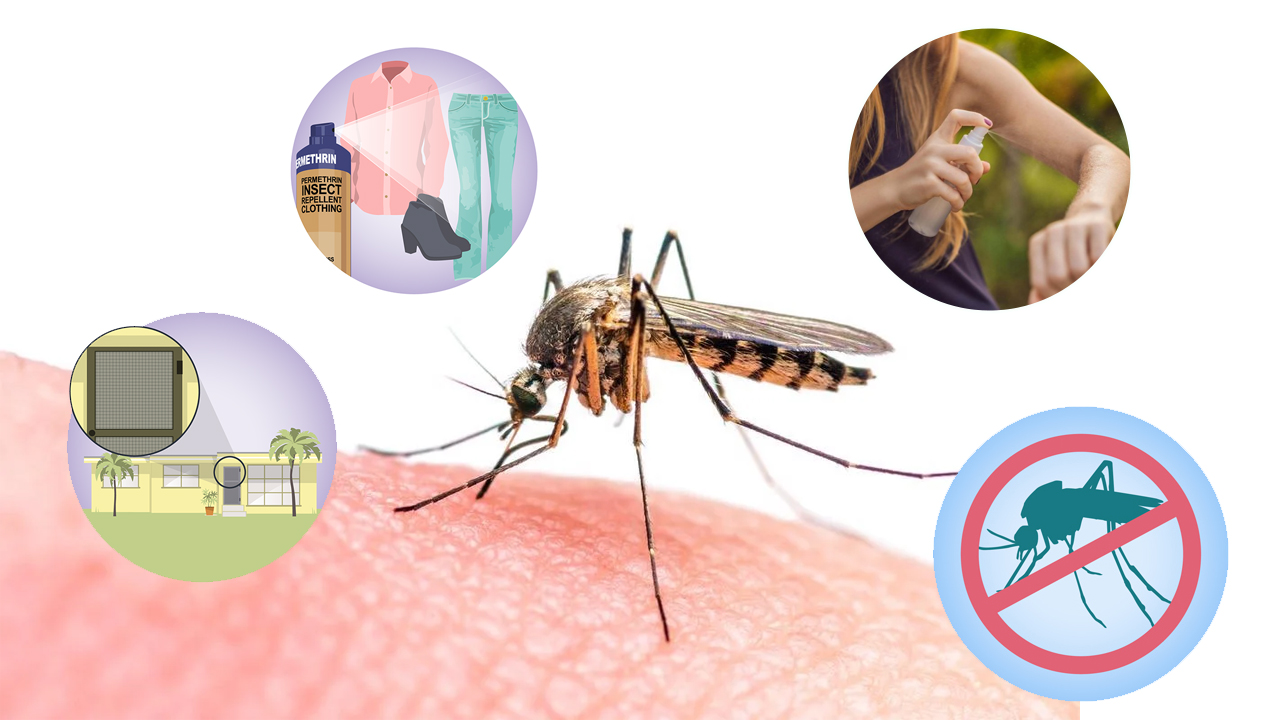Along with coronavirus and monkeypox, our country is also gripped by the threat of the zika virus, as its cases keep coming up. But here's some good news for you amongst all this. A researcher's team is working to create a gadget that can be snipped to a smartphone to rapidly test the zika virus with a single dot of blood. The Zika virus infection is presently seen via polymerase chain reaction trials conducted in a lab, amplifying the virus's hereditary material and letting scientists witness it.
As many as 4 out of 5 people infected with the Zika virus have no signs or symptoms. When symptoms do occur, they usually begin two to 14 days after a person is bitten by an infected mosquito. Symptoms usually last about a week, and most people recover fully.
Signs and symptoms of the Zika virus most commonly include:
- Mild fever
- Rash
- Joint pain, particularly in the hands or feet
- Red eyes (conjunctivitis)
Other signs and symptoms may include:
- Muscle pain
- Headache
- Eye pain
- Fatigue or a general feeling of discomfort
- Abdominal pain
If you're pregnant and have recently traveled to an area where the Zika virus is prevalent, consult your doctor about getting tested, even if you don't have symptoms.
Factors that put you at greater risk of catching the Zika virus include:
- living or visiting nations where outbreaks have occurred. Being in tropical or subtropical areas increases your chances of contracting the Zika virus. Several Pacific Islands, several countries in Central, South, and North America, and islands near West Africa are particularly vulnerable. Because the mosquitos that transmit the Zika virus are found all over the world, outbreaks are likely to spread to new areas. The majority of cases of Zika virus infection in the United States have been reported in travelers returning from other countries.
- Having sexual intercourse without protection. The Zika virus can be passed from person to person through sexual contact. Sexual activity without protection can increase the risk of Zika virus infection for up to three months after travel. As a result, pregnant women whose partners have recently lived in or traveled to an area where the Zika virus is prevalent should take precautions during sexual activity or refrain from sexual activity until the baby is born. All other couples can reduce their risk of sexual transmission by using a condom or refraining from sexual activity for up to three months after returning from their trip.
Precautionary measures to be taken care of:
- Stay in air-conditioned or well-screened housing
- Wear protective clothing
- Use insect repellent
- Reduce mosquito habitat
The Zika virus is most commonly transmitted to humans through the bite of a mosquito infected with the virus. The virus is known to be spread by two Aedes species found all over the world.
When a mosquito bites someone who has already been infected with the Zika virus, the mosquito becomes infected as well. The virus then enters the bloodstream of the person bitten by the infected mosquito and infects them.
During pregnancy, the Zika virus can also be passed from mother to fetus.
Sexual contact can also pass the virus from person to person. People can become infected with the virus after receiving blood transfusions or organ donations in some cases.

 Along with coronavirus and monkeypox, our country is also under attack from the zika virus, as new cases arise. Here are some precautionary measures.
Along with coronavirus and monkeypox, our country is also under attack from the zika virus, as new cases arise. Here are some precautionary measures.




.jpeg)
.jpeg)


.jpeg)
_(1).jpeg)
_(1)_(1)_(1).jpeg)
.jpeg)







.jpeg)

.jpeg)

.jpeg)
.jpeg)
.jpeg)
.jpeg)
.jpeg)



